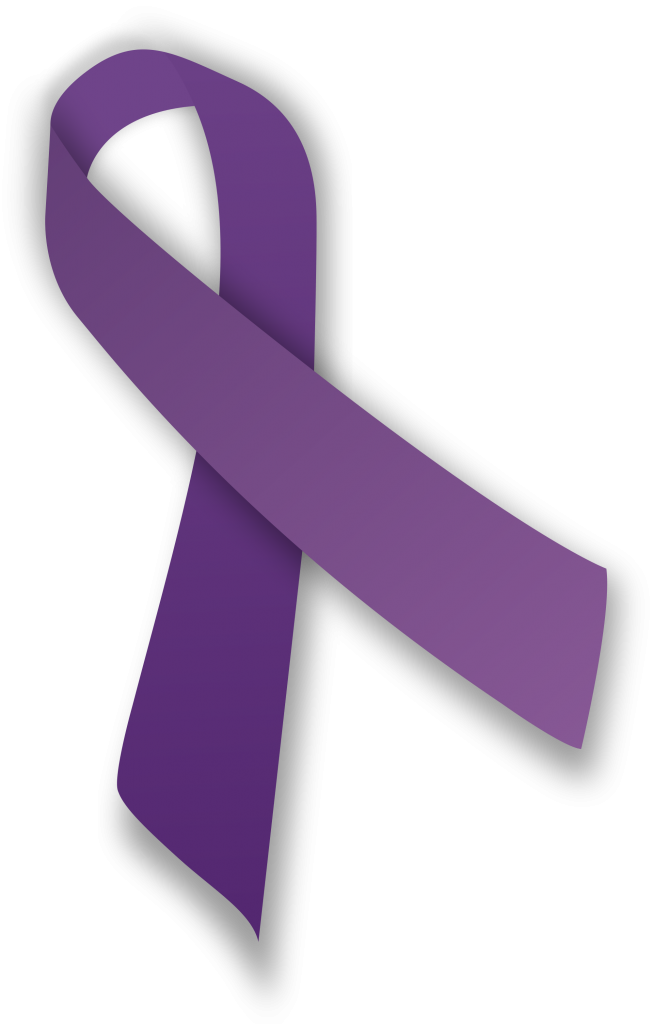
Since the COVID-19 pandemic has taken over our news headlines, there have been fewer reports of gun violence and domestic abuse cases. One might hope that this is a sign that there are is least one silver lining in the dark global cloud that surrounds us, but alas, that is not the case. The “stay at home” restrictions, which are our only social defense against the spread of COVID-19, have sentenced thousands of domestic abuse victims to become caged with the very predators who stalk them. Behind closed doors, stoked by economic stressors and deprived of social distractions, abusers have reacted by exploding in rage.
While the virus has invaded our communities with illness and death, reports of attacks and injuries at home have surged worldwide. Incidents of domestic violence in France increased 30% following the country’s lock down on March 17. In Spain, the emergency number for domestic violence received 18$% more calls during the first two weeks of lockdown, and in Singapore, help lines have received 30% more calls. Law enforcement agencies across the US have seen domestic violence cases rise up to 35$% in recent weeks. In our own state of RI, we have seen a 30% increase in domestic violence calls. Apparently, the lockdown is having an inflammatory effect of whatever crises already existed within our homes.
Although it is predominantly women who are victimized, men are not immune, and home confinement provides the perfect screen and breeding ground for psychological and physical abuse: whatever community support and ties that may have provided shelter and support are severed; emergency services and outreach social services, so long underfunded, are overwhelmed by the rising demand for intervention. Even before the pandemic hit, the statistics were disturbing enough – according to the Centers for Disease Control, 1 in 3 women and 1 in 4 men in the United States have experienced violence from an intimate partner in their lifetime. Statistically, the risks to victims are severe; CDC data links intimate partner violence with an increased risk of injury and death. COVID-19 provided the perfect breeding ground for a burgeoning outbreak of abuse.
It is no surprise that gun violence has continued unabated as well. Despite the fact that it garnered little attention amidst the pandemic panic, in one weekend alone, there were five mass shootings in the US. The COVID-19 outbreak itself caused a tragic murder-suicide in Illinois, where a 54-year-old man shot and killed his partner after suspecting she had contracted the virus. He then turned the gun on himself. An autopsy revealed that neither of the two tested positive for COVID-19.
At the start of the pandemic, experts anticipated that the onset of social distancing and quarantine would bring trouble to couples and families already at the brink of war. There was historic evidence to back their fears – after Hurricane Harvey, psychologist Josie Serrata, PhD, an evaluation consultant, discovered through research that the stress associated with the disaster led to higher rates of both domestic violence and child abuse during and after the hurricane. This phenomenon has often been noted in times of widespread calamity; those who can, cope; those who can’t cope turn on each other. In this same way, our COVID-19 pandemic is affecting families that have already experienced domestic violence. The reduced access to resources, job losses and strained finances, and disconnection from social support systems, all serve to make any already difficult situation that much worse.
What can be done at a time when resources are fewer than ever, and just the act of leaving the house is fraught with both restrictions and danger? The RI domestic abuse hotline is still open 24 hours a day at 1-800-494-8100, and The RI Coalition Against Domestic Violence has a link on their website at ricadv.org/en with updates on services available throughout the state during this lock down. If you are a victim of abuse, or know of anyone who is, report it immediately. Now, more than ever, we need to look out for each other.



